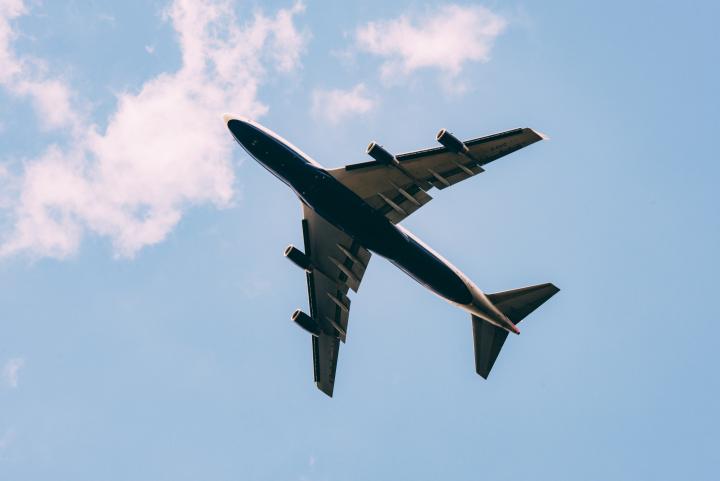

The Farnborough International Airshow this year provided a glimpse into the future of aviation, showcasing over 1500 exhibitors and presenting the most cutting-edge technologies in the aerospace industry. In the dynamic realm of aviation, the age-old competition between Boeing and Airbus was prominently on display. Boeing, asserting that “the future is built here,” unveiled hypersonic airplane concepts, while Airbus embarked on a “new season of flight” by revealing solar-powered drones and advancing into the unmanned vehicle field. Dive into the competitive landscape and technological advancements shaping the brand positioning of aviation at this monumental biennial event, where the future of the skies takes center stage.
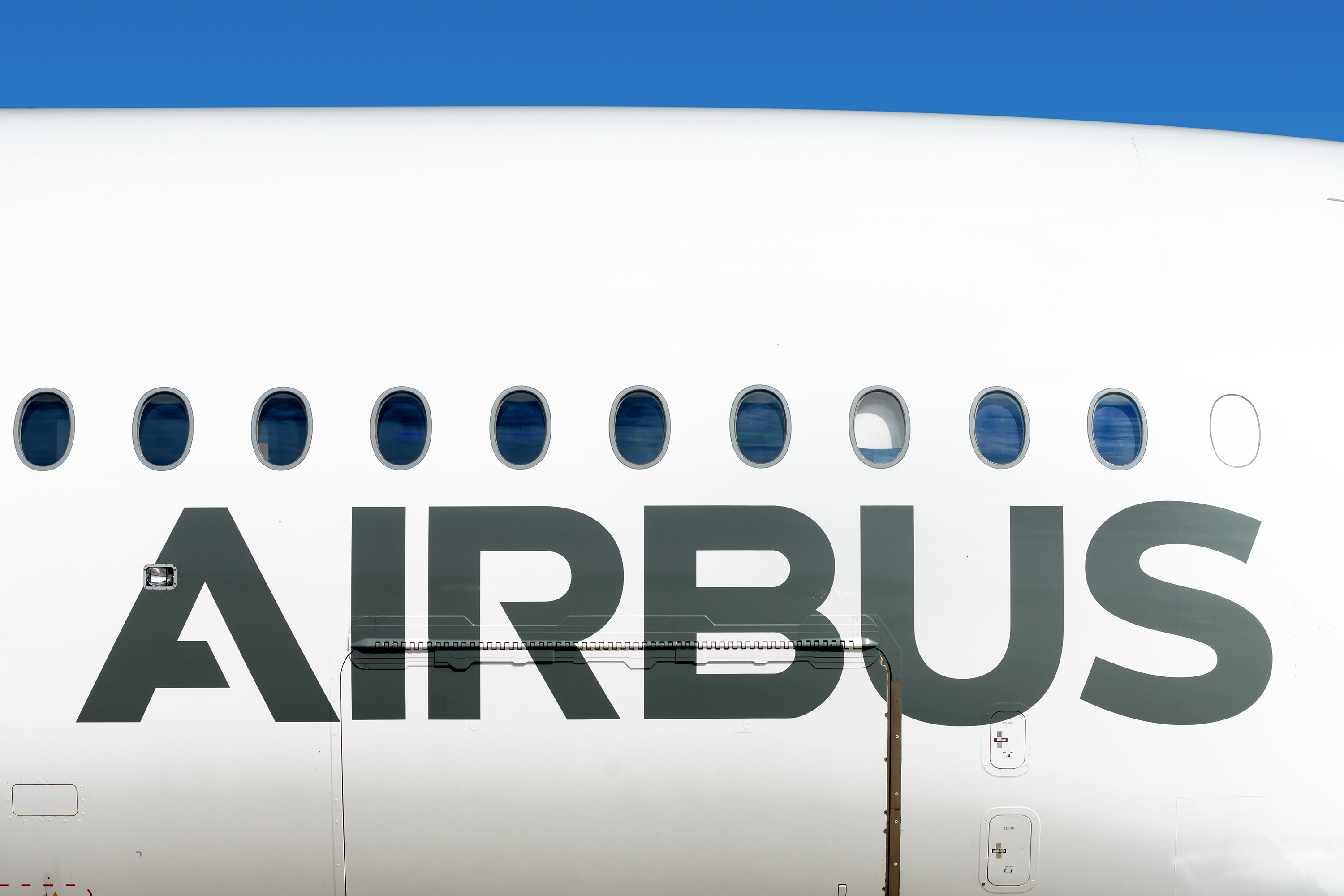
Without a doubt, Boeing and Airbus were the most high-profile companies at the Airshow, and neither of them disappointed audiences and investors. But the question emerged: which company is better positioned to capture the future of sky? Above and beyond their technologies and aircrafts, let’s consider the two giants’ strengths and weaknesses using the 4 Facets of Brand Positioning- an effective way to forecast a brand’s future direction.
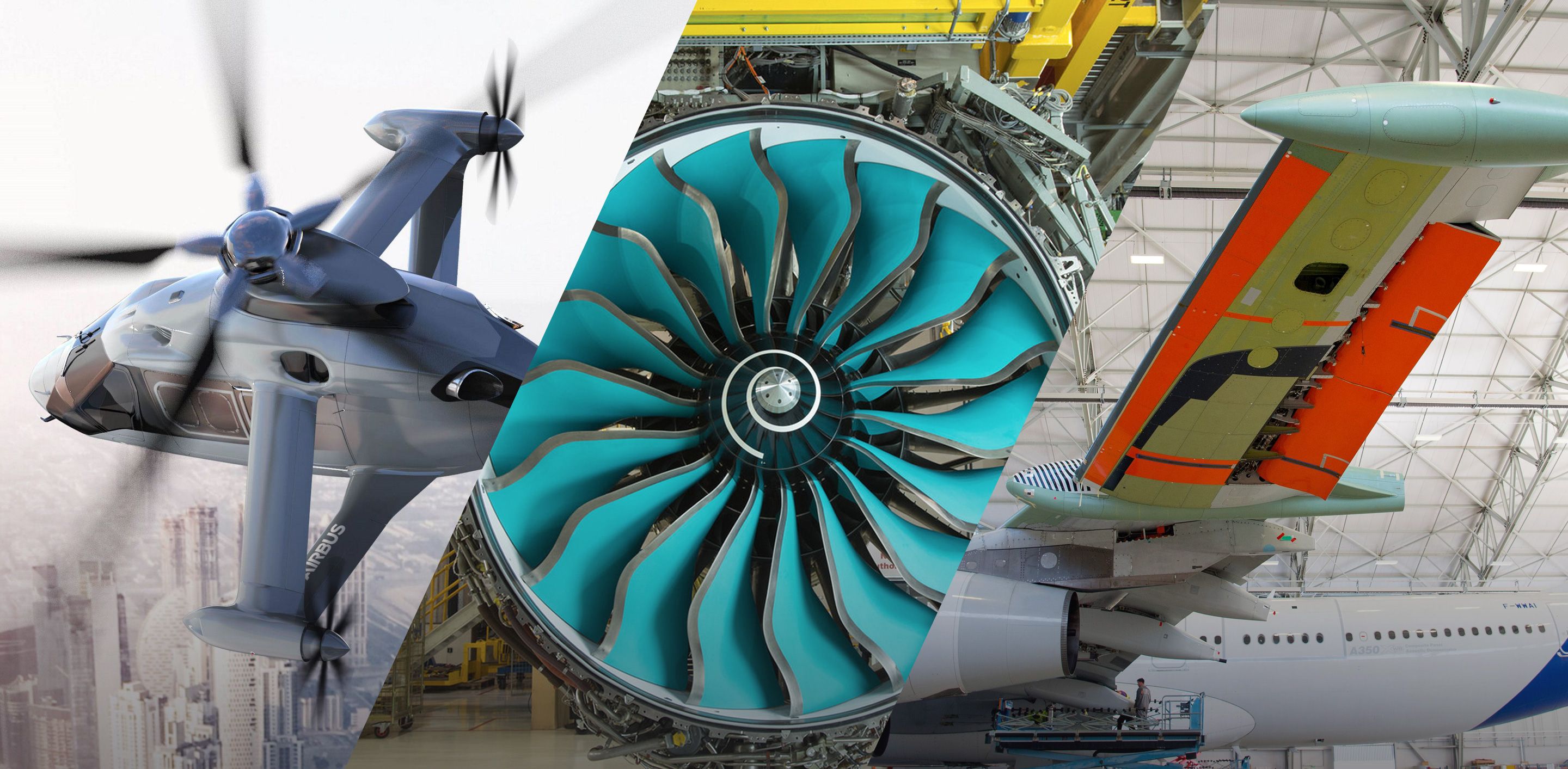
Boeing, an American multinational company with more than a century of history in leading commercial aircrafts, defense, space and security systems, has established itself as the foremost authority in the aerospace industry. No company could shake Boeing’s authoritative status until Airbus came on the scene in 1970 in Europe.
Since its first commercial aircraft A300 launched in 1974, Airbus has continued to prove its strong capabilities in innovation and design. With the aim of providing a better flight experience and reducing environmental impact, Airbus brought commercial aircraft into a new era of advanced automation, digitalization and eco-efficiency. Despite having less history and experience than Boeing, Airbus has been apioneering force in designing, manufacturing and delivering aerospace products, services and solutions to customers on a global scale.
According to its brand statement, Boeing aspires to be the “best in aerospace” and the “enduring global industrial champion” by connecting, protecting, exploring and inspiring the world in order to achieve its goals of being the market leader, accelerating innovation, having top performance and returns, building the best talents and teams, and providing excellent design and manufacturing services by 2025 – in a nutshell, an all-around leadership status in aerospace.
On the other hand, Airbus aspires to build a better-connected, safer and more prosperous world with the continuous spirit of innovation and design. The vision for 2050, as it states, will be to continually focus on designing concepts of better flight experiences, eco-efficiency, digitalization, and entering international markets.
Let’s try to imagine ourselves on a flight journey. As a pilot, you notice that the layout of the instruments is cleaner in an Airbus aircraft and rely on autopilot system more. Whereas in a Boeing plane, you operate on instruments that are more complex and require more manual inputs. As reflected by their brand campaigns and videos, engineering and leadership are the primary concerns for the Boeing brand with technicality, human input, and mechanical detail behind the scene. Airbus, on the other hand, emphasizes the enjoyable and automated flying experience for both pilots and passengers – a sense of speed, lightness, and comfort.
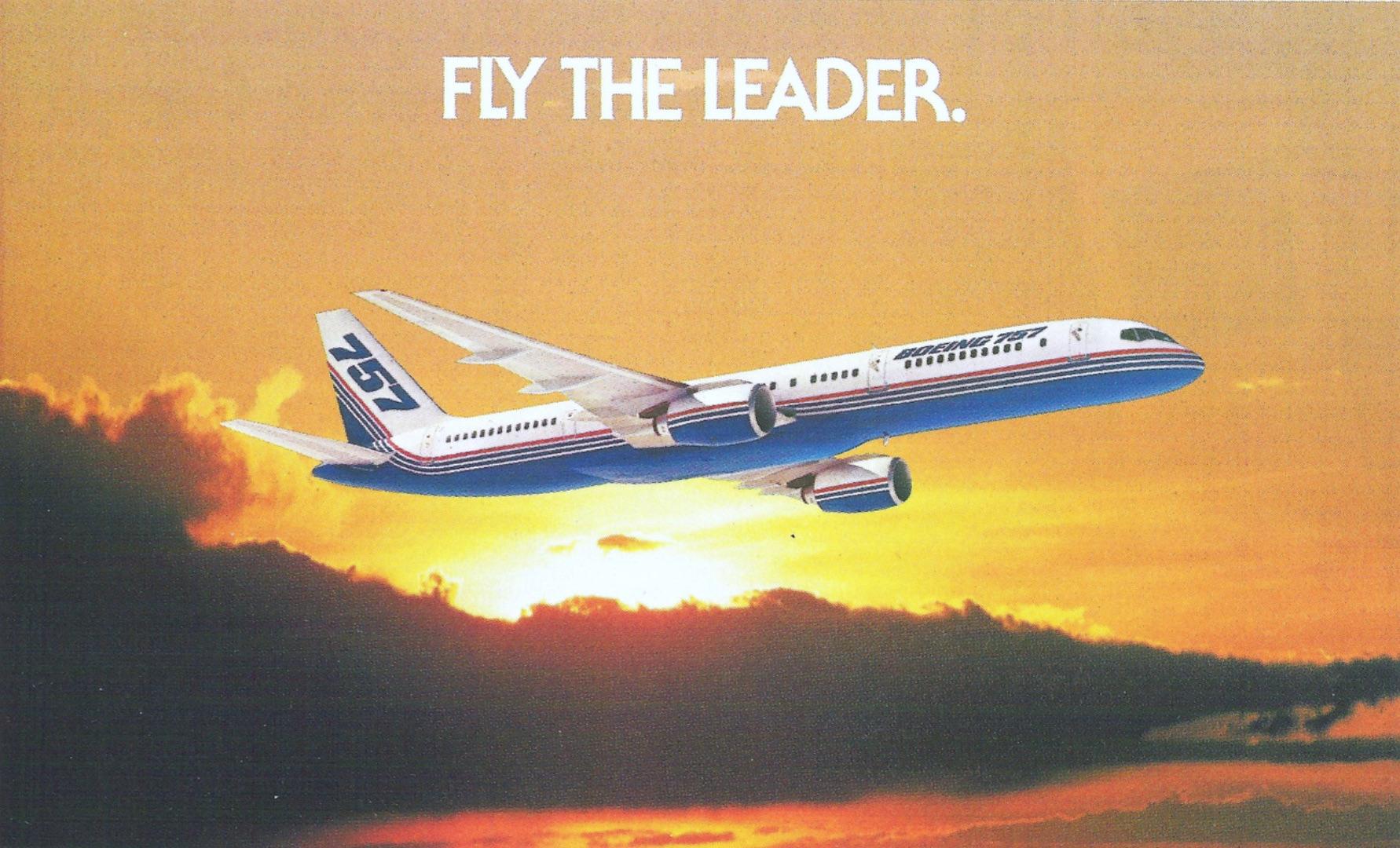
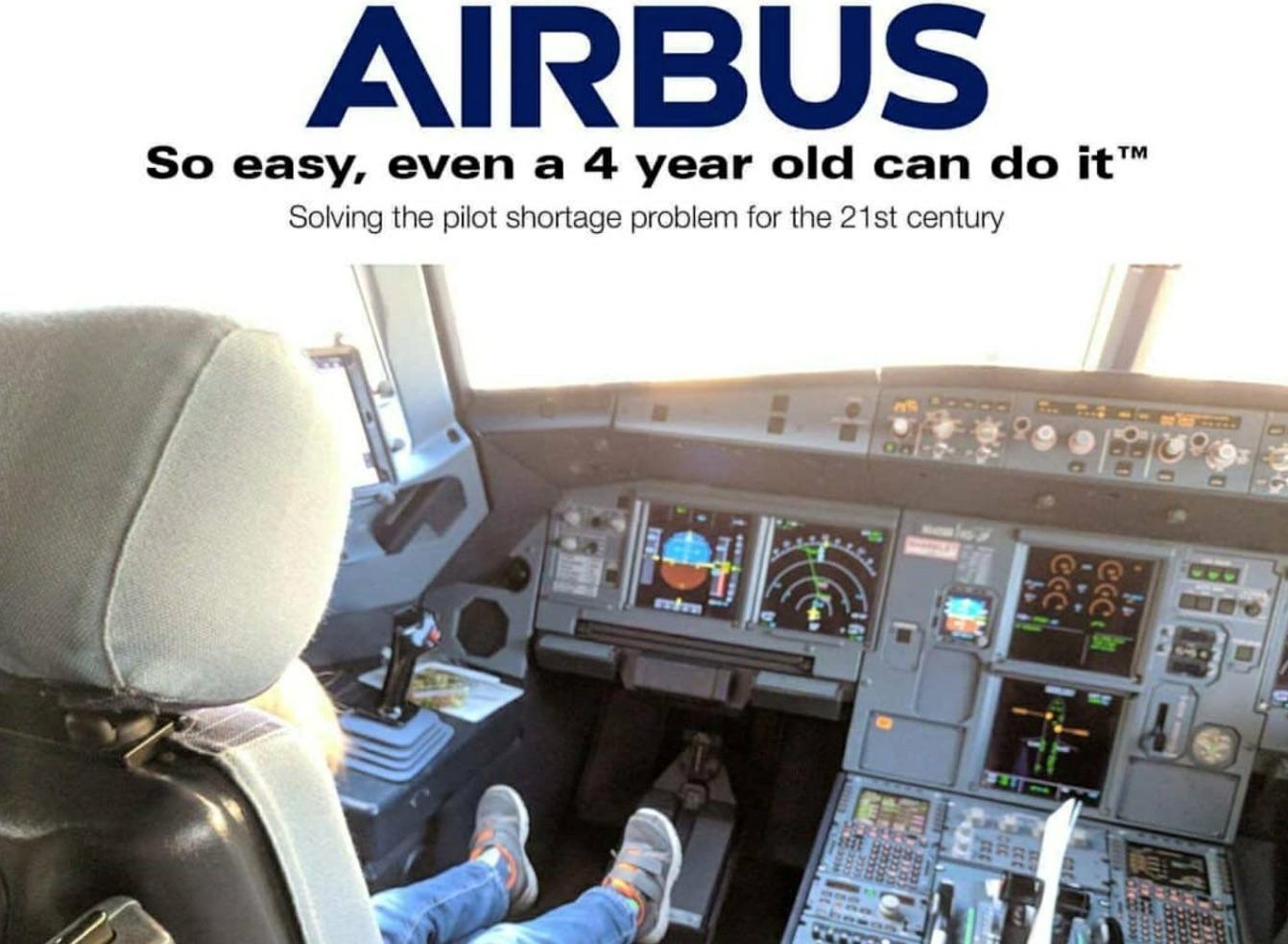
With its rich history dating back to the 20th century, Boeing came to be one of the recognized brands in the sky. As the industry veteran with over 100 years of experience in aircraft engineering and manufacturing, Boeing has always portrayed itself as the ruler in the industry with established leadership and ambition to be the best. As a relatively new comer, being founded in the 1970s, Airbus is the child prodigy who surged right on to the scene to become a worthy contender to Boeing. Airbus is the innovative creator who focuses on aircraft innovation and design and aims to make the aircrafts more efficient to fly and the in-flight experience more comfortable for the passengers. Although Airbus now holds 28% of the market share compared to Boeing’s 38%, the competition will become a lot fiercer in the future. According to projections, the young prodigy is going to command 36% to Boeing’s 40% by 2025.
In the enduring rivalry between Boeing and Airbus, their brand positioning reveals a symbiotic relationship. Boeing boasts scale, leadership, engineering, and safety, while Airbus champions innovation, comfort, and sustainability. Beyond the core concepts of electronic planes, unmanned aerial vehicles, hypersonic airplanes, and enhanced flying experiences, newcomers like SpaceX and Blue Origin redefine human reach, even promising commercial space travel. In the commercial aerospace realm, the ascendant leader will be the company adept at seamlessly integrating both technological and brand innovations. Navigate the evolving landscape where aviation’s future is shaped by the intricate dance of cutting-edge technology and strategic brand positioning, marking the trajectory of progress in the industry.
A Labbrand Group Company © 2005-2024 Labbrand All rights reserved
沪ICP备17001253号-3* Will be used in accordance with our Privacy Policy
To improve your experience, we use cookies to provide social media features, offer you content that targets your particular interests, and analyse the performance of our advertising campaigns. By clicking on “Accept” you consent to all cookies. You also have the option to click “Reject” to limit the use of certain types of cookies. Please be aware that rejecting cookies may affect your website browsing experience and limit the use of some personalised features.